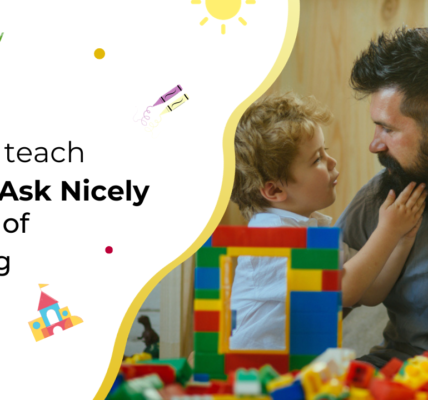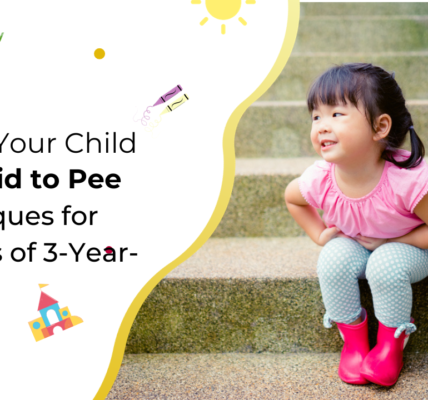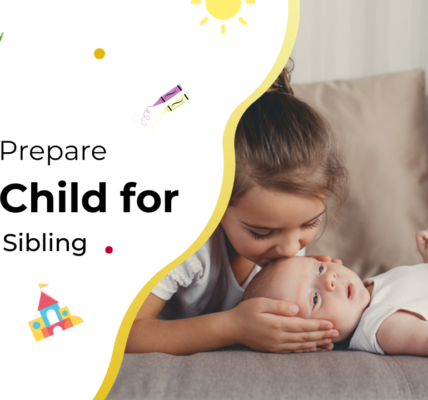Is Preschool Necessary? Exploring the Benefits and Drawbacks
When it comes to early childhood education, one question that often arises is, “Is preschool necessary?” This question has been a subject of debate among parents, educators, and experts for years. Some argue that preschool provides essential foundational skills, while others believe it’s not a mandatory step in a child’s development. In this comprehensive guide, we will delve into the topic, exploring the benefits of sending a child to preschool and discussing potential drawbacks. By the end, you’ll have a well-rounded understanding of whether preschool is necessary for your child.
The Role of Preschool
Before we delve into the benefits and drawbacks, it’s essential to understand the role of pre-school in a child’s development. Preschool, often designed for children between the ages of 2 and 6, plays a pivotal role in bridging the gap between home and formal education. It provides a structured learning environment where children are introduced to a variety of experiences, skills, and social interactions.
Preschool programs can vary significantly, with different educational philosophies, curricula, and teaching approaches. The decision to send a child to preschool depends on several factors, including the child’s age, family preferences, and local educational systems. Now, let’s explore the benefits of sending a child to preschool.
5 Benefits of Sending a Child to Preschool
1. Social and Emotional Development
- Social Skills: Preschool fosters social interaction, teaching children how to share, cooperate, and communicate effectively with peers.
- Emotional Development: Children learn to express their emotions, manage conflicts, and develop resilience.
2. Early Learning Skills
- Preparation for Academic Learning: Pre-school introduces children to essential academic concepts, such as numbers, letters, shapes, and colors.
- Cognitive Development: Children develop problem-solving skills, memory, and critical thinking abilities.
3. Smooth Transition to Formal Education
- Familiarity with School Environment: Attending preschool familiarizes children with the school environment, reducing anxiety and helping them adapt to formal education.
- Routine and Structure: Preschools follow daily routines, teaching children the importance of schedules and organization.
4. Peer Interaction
- Peer Relationships: Interaction with peers in a supervised setting helps children build important social skills, including teamwork, conflict resolution, and empathy.
- Friendships: Preschool can be the place where lifelong friendships are formed.
5. Gaining Independence
- Confidence Building: Preschool encourages children to be independent, make choices, and develop confidence in their abilities.
- Self-Care Skills: Children learn essential self-care skills, such as using the restroom, dressing themselves, and tidying up.
2 Drawbacks of Sending a Child to Preschool
1. Cost
- Financial Burden: Quality pre-school programs can be expensive, making it a financial challenge for many families.
- Limited Access: Some families may not have access to affordable pre-school options in their area.
2. Separation Anxiety
- Emotional Challenges: For some children, early separation from parents or caregivers can lead to separation anxiety.
- Adjustment Period: It may take time for children to adapt to the new environment and routines of pre-school.
Frequently Answered Questions(FAQs)
Q. 1. Is preschool necessary for every child?
Ans 1: Pre-school is not mandatory, but it offers significant advantages in terms of early learning and social development. Whether it’s necessary depends on various factors, including the child’s age and the family’s circumstances.
Q 2. At what age should a child start preschool?
Ans 2: Most children start pre-school between the ages of 3 and 4. However, the ideal age may vary depending on the child’s readiness and individual circumstances.
Q 3. Are there affordable preschool options available?
Ans 3: Yes, some government-funded or non-profit preschool programs offer affordable options for families with limited financial resources.
Q 4. Can’t I provide the same benefits at home?
Ans 4: While parents can provide valuable learning experiences at home, preschool offers structured learning, social interaction, and preparation for formal education that may be challenging to replicate completely in a home setting.
5. How do I choose the right pre-school for my child?
Ans 5: Choosing the right pre-school involves considering factors like location, teaching philosophy, cost, and the program’s reputation. It’s essential to visit and assess potential preschools to determine the best fit for your child.
Conclusion
In the debate over is preschool necessary or not, it’s crucial to consider the individual needs and circumstances of your child and family. While pre-school offers several benefits, such as social and early learning skills development, it’s essential to weigh these advantages against potential drawbacks, including the cost and the possibility of separation anxiety. Ultimately, the decision of whether pre-school is necessary for your child should be based on a thoughtful evaluation of their specific requirements and family dynamics.
This comprehensive guide of Parentology has shed light on the amazing developmental milestones that your toddler preschooler. By understanding these phases and offering the right support, you are providing them with the best foundation for a bright and healthy future.





